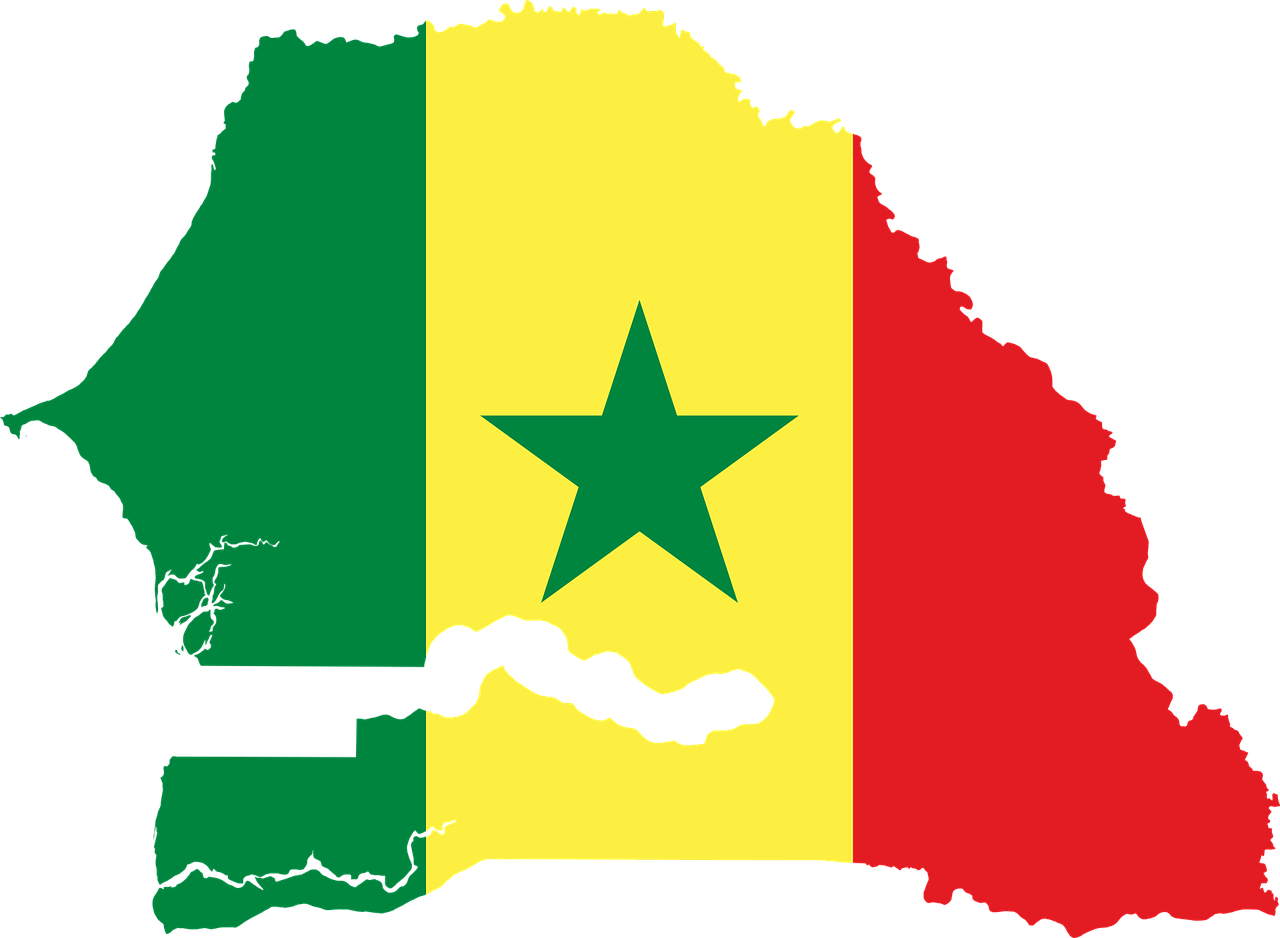Senegal
Overview
Senegal, often hailed as the "Gateway to Africa," is a vibrant nation that embodies the essence of West African culture, history, and potential. Located on the westernmost tip of the continent, Senegal is characterized by its diverse landscapes, from the bustling streets of Dakar to the tranquil shores of the Atlantic, the winding Senegal River, and the arid landscapes of the Sahel.
Dakar, the capital and largest city, pulsates with life, art, and music. As a major port and urban center, it reflects Senegal's dynamism, cosmopolitanism, and rich cultural heritage. With its blend of colonial architecture, bustling markets, and modern infrastructure, Dakar stands as a hub for business, entertainment, and innovation in West Africa. Saint-Louis, with its UNESCO World Heritage status, offers a glimpse into the nation's colonial past and its vibrant cultural present.

Key indicators

Population

GDP per capita

Nominal GDP

Purchasing Power Parity GDP

Main export

Foreign direct investment

Stock market capitalization

GDP growth rate
- Economic Snapshot
- Business Environment
- Startup Ecosystem
- Infrastructure & Technology
- Opportunities & Challenges
- Cultural Insights
Senegal's economy is multifaceted, with key sectors including agriculture, fisheries, mining, and tourism. While it's known for its exports of peanuts, phosphates, and fish, there's a growing emphasis on diversifying the economy.
Recent discoveries of oil and gas have positioned Senegal as a potential energy exporter in the coming years.
The nation's strategic initiatives, such as the Plan Senegal Emergent (PSE), underscore its ambitions to achieve emerging market status and enhance socio-economic development.
Senegal is increasingly being recognized for its stable political environment and efforts to improve the business climate.
The government has initiated reforms to attract foreign investment, streamline business registration processes, and bolster infrastructure development.
The Dakar International Finance Center (DIFC) is a testament to Senegal's aspirations to become a financial hub in the region.
The startup scene in Dakar is burgeoning, with several incubators, accelerators, and coworking spaces fostering innovation. Tech hubs like CTIC Dakar are playing a pivotal role in nurturing tech startups, especially in fintech, agritech, and e-commerce. With a growing emphasis on digitalization, Senegalese startups are attracting attention from both local and international investors.
Infrastructure development is a priority for Senegal, with projects like the Blaise Diagne International Airport and the Dakar-Diamniadio Toll Highway enhancing connectivity. On the technological front, Senegal is making strides in expanding digital infrastructure, promoting e-governance, and fostering tech education and innovation.
Senegal's strategic location, stable political environment, and cultural richness present numerous opportunities for investors and businesses. Sectors like real estate, renewable energy, agribusiness, and tourism are ripe for exploration. However, challenges such as unemployment, skills gaps, and the need for further economic diversification persist.
-
Senegalese are generally very friendly and welcoming. The most common greeting is "Salaam aleikum," which means "Peace be upon you." It is customary to shake hands and make eye contact when greeting someone.
-
Senegalese are known for their hospitality. They often invite guests into their homes and offer them food and drinks. It is considered rude to refuse a Senegalese person's hospitality.
-
Senegalese dress modestly. Women usually wear long skirts or dresses, and men usually wear long pants and shirts. It is important to dress respectfully when visiting Senegal.
-
Senegalese food is delicious and diverse. Some of the most popular dishes include:
- Thieboudienne: A national dish made with rice, fish, and vegetables.
- Yassa: A chicken dish made with onions, lemon juice, and spices.
- Maafe: A peanut butter stew made with chicken or beef.
-
Senegal has a vibrant music and dance culture. Traditional Senegalese music is often performed using drums, flutes, and string instruments. Traditional Senegalese dance is characterized by its energetic and graceful movements.
-
The official language of Senegal is French. However, Wolof is the most widely spoken language in the country.
Here are some tips for businesses and investors operating in Senegal:
- Be respectful of Senegalese culture and traditions. This includes being respectful of traditional customs and beliefs.
- Be patient and understanding. Senegalese are generally relaxed and easy-going. It is important to be patient and understanding when doing business in Senegal.
- Build relationships. Senegalese value personal relationships in business. It is important to build rapport with your Senegalese counterparts before getting down to business.
- Be ethical and responsible. Senegalese are looking for businesses that are ethical and responsible in their dealings.

Investment Landscape & Opportunities in Senegal
- Start-up & SME Investments
- Impact & Green Investments
- Government Bonds & Stock Market
- Public-Private Partnerships
- Foreign Direct Investments
- Commodities & Infrastructure Investments
- Real Estate Development
- Cultural and Creative Industries

Leading
startups in Senegal
Comming up soon

